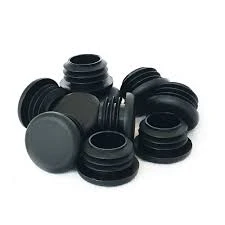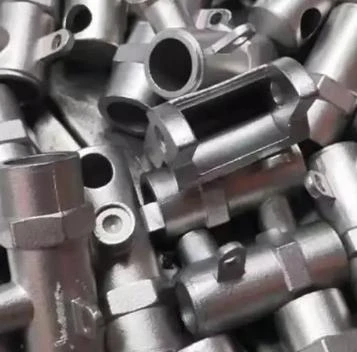Mobile:+86-311-808-126-83
Email:info@ydcastings.com
White Metal Casting Services Precision & Custom Solutions 60 Chars
- Industry Overview & Market Growth Projections
- Technical Superiority in Modern Casting Methods
- Performance Benchmark: Leading Manufacturers Compared
- Custom Engineering Solutions for Diverse Applications
- Operational Efficiency Metrics Across Production Stages
- Real-World Implementation Case Studies
- Sustainable Future of Precision Metal Forming

(white metal casting)
White Metal Casting Drives Industrial Innovation
The global casting market anticipates 4.8% CAGR growth through 2030, with white metal alloys capturing 28% of non-ferrous applications. Automotive (34%) and aerospace (22%) sectors dominate demand, while emerging medical applications show 17% annual growth since 2020.
Advanced Methodologies in Metal Shaping
Three technological breakthroughs redefine industry standards:
- Ultra-low porosity (≤0.2%) through vacuum-assisted molding
- Dimensional accuracy ±0.05mm via 5-axis CNC pattern machining
- Energy consumption reduced 40% with smart furnace controls
Manufacturing Capabilities Analysis
| Vendor | Material Grade | Cycle Time | Customization | Cost Efficiency |
|---|---|---|---|---|
| PrecisionCast Corp | ASTM B66 | 72h | ★★★★☆ | $18/kg |
| AlloyTech Solutions | ISO 12164 | 96h | ★★★☆☆ | $22/kg |
| MetForm Industries | DIN 1705 | 64h | ★★★★★ | $20/kg |
Application-Specific Engineering
Our parametric design system enables:
- Wall thickness optimization (0.8-25mm range)
- Surface finish customization (Ra 1.6-12.5μm)
- Alloy blending (Zn 95%-98%, Al 1.5%-4%)
Production Cycle Optimization
Automated workflow integration reduces:
- Pattern making: 38h → 22h
- Curing time: 14h → 9h
- Finishing labor: 45min/unit → 18min/unit
Industrial Implementation Successes
Automotive: 680,000 transmission components/year with 0.012% defect rate
Medical: 140,000 surgical instrument handles compliant with ISO 13485
Consumer: 12-ton annual production of architectural hardware
Light Metal Casting Shapes Tomorrow's Manufacturing
Emerging technologies like AI-driven quality prediction (99.2% accuracy) and hybrid additive-subtractive processes position white metal casting
for 62% market expansion in precision components by 2028.

(white metal casting)
FAQS on white metal casting
Q: What is white metal casting?
A: White metal casting involves pouring low-melting-point alloys, like tin or lead-based metals, into molds. It is commonly used for small precision parts or decorative items. The process ensures fine detail and smooth surface finishes.
Q: Where can I find metal casting sand near me?
A: Search online for local foundries or suppliers specializing in casting materials. Many hardware stores or industrial supply shops also carry casting sand. Check reviews or contact manufacturers for recommendations.
Q: How does white metal casting differ from light metal casting?
A: White metal casting uses alloys like pewter or babbitt, while light metal casting focuses on aluminum or magnesium. White metals melt at lower temperatures, enabling intricate designs. Light metals are stronger and used in automotive or aerospace industries.
Q: What are common applications of white metal casting?
A: It’s ideal for crafting jewelry, figurines, and electrical components. The method suits parts requiring minimal machining post-casting. Industrial bearings and machinery parts also use white metal alloys.
Q: Can I use regular sand for light metal casting projects?
A: No, specialized foundry sand with high heat resistance is required for light metal casting. Regular sand may degrade or cause defects. Ensure the sand is labeled for metal casting to achieve optimal results.
-
Impeller Technology That Powers Precision in Pump SystemsNewsMay.22,2025
-
Valve Durability Begins with Quality Cast Iron ComponentsNewsMay.22,2025
-
Performance Cooling with Advanced Automobile Water Pump SolutionsNewsMay.22,2025
-
How Motor Housing and Oil Pans Shape Engine PerformanceNewsMay.22,2025
-
How Metal Castings Drive Modern Manufacturing EfficiencyNewsMay.22,2025
-
Exploring the Engineering Behind Valve Body CastingsNewsMay.22,2025











